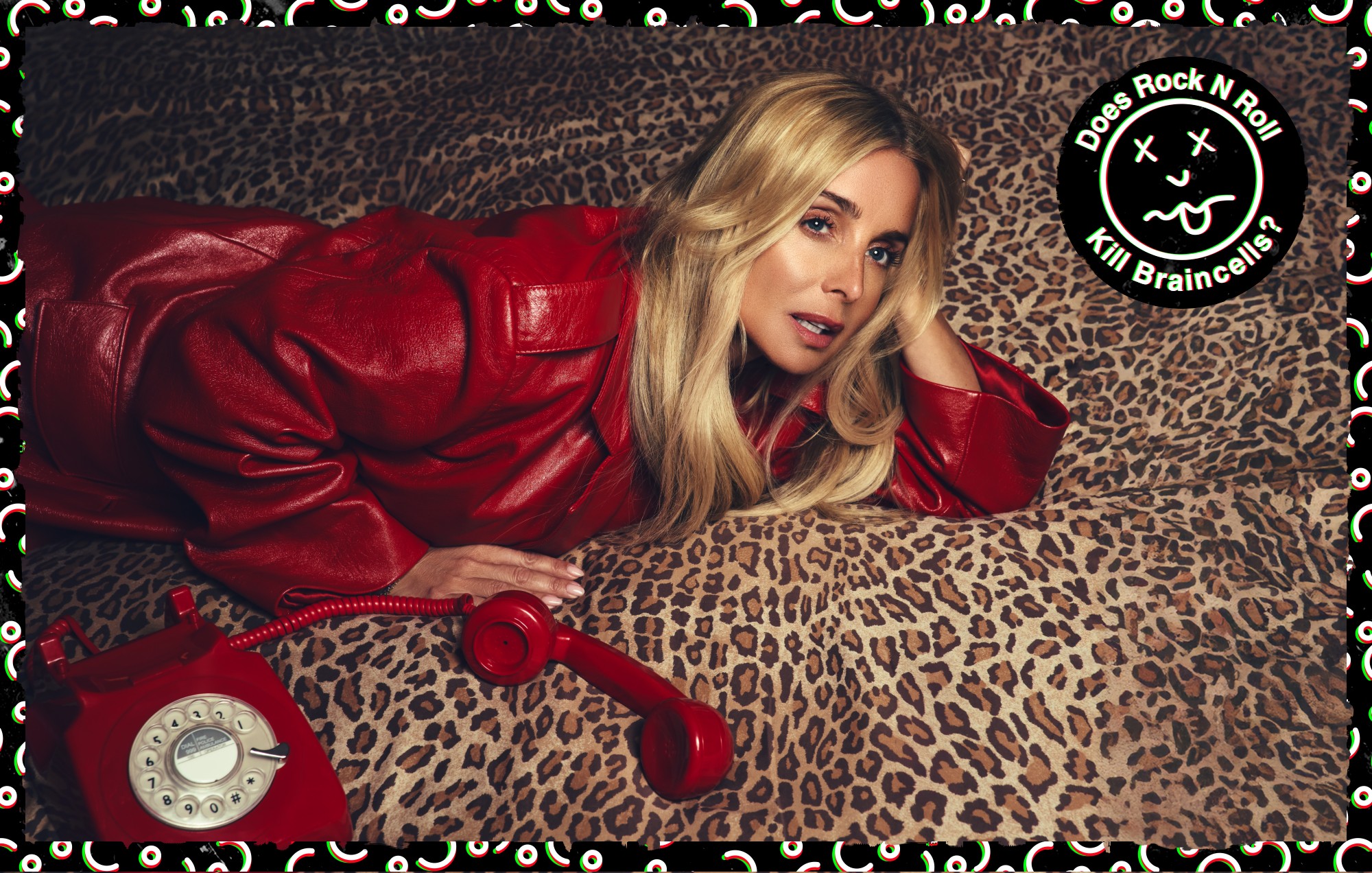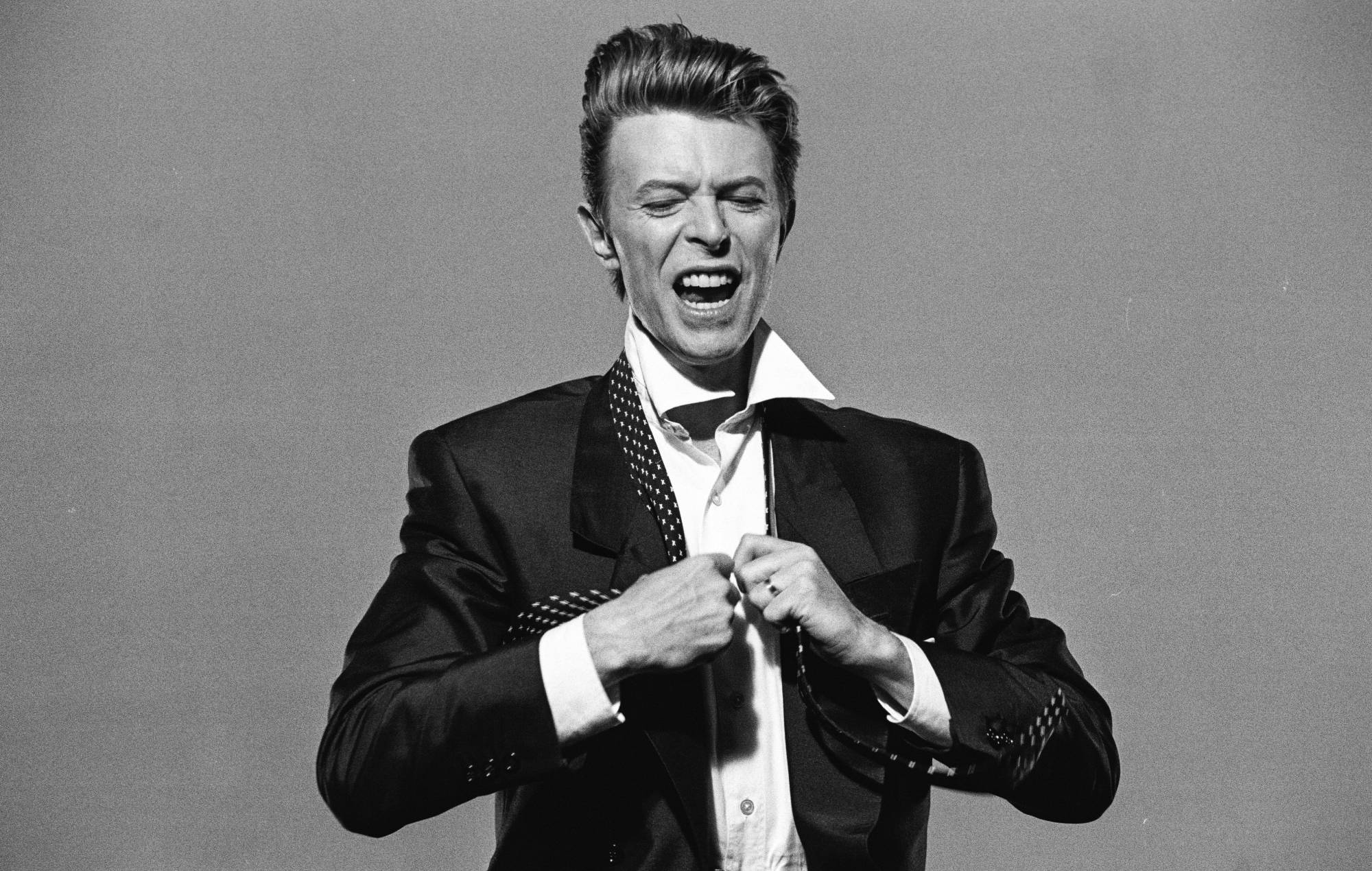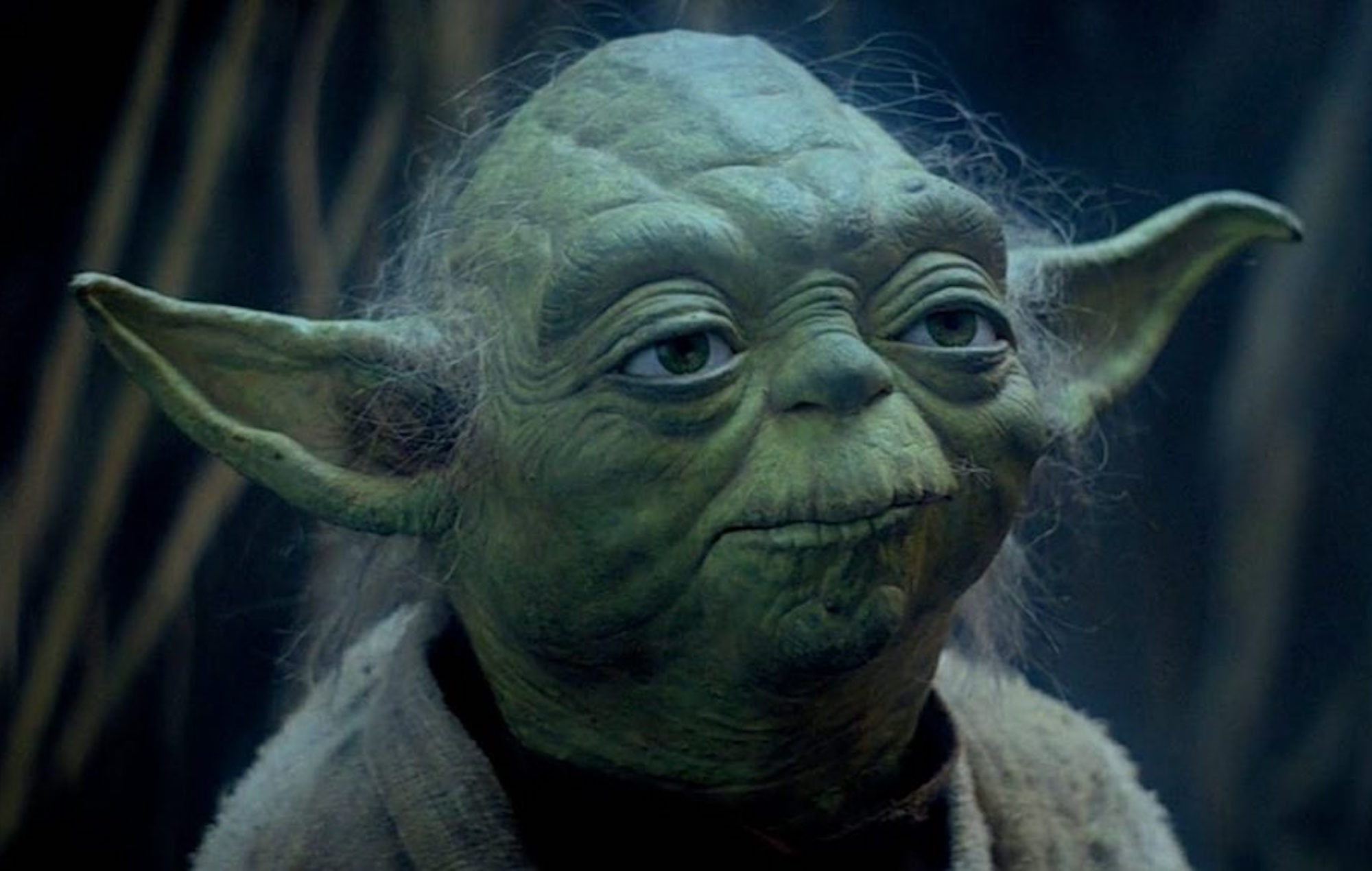Silence might not be the first thing people associate with dance music, but for Crusy, it has become a crucial part of his process. As his profile continues to rise through standout collaborations with Dombresky, Tony Romera, and David Penn, the Spanish producer is also learning to value the quieter moments that shape the work behind the decks.
His new single “Kiki” on Toolroom arrives not just as another club-ready anthem, but as the product of someone who knows when to step away from the noise in order to make something that really moves.
In this interview, Crusy talks about how silence has given him perspective both in and outside the studio. Whether it’s driving with no music, stepping away from a project entirely, or protecting time at night to read in total quiet, these moments aren’t breaks from creativity—they’re part of it. “Kiki” may sound like a party track on the surface, but it comes from a more introspective place, where taking a few weeks off can sometimes lead to the most immediate results.
With more releases on the horizon and a new live stream filmed in Mexico dropping alongside the single, Crusy’s momentum is undeniable. But his reflections in this piece are a reminder that the pressure to stay loud and productive 24/7 isn’t what leads to longevity. Sometimes, it’s the silence that keeps you connected.
How has silence played a role in your growth as a producer?
That’s a good question—not something people ask me often, but I like it a lot. Silence is something I’ve learned to really value, not only in my music but also in life. Everything around is so loud all the time, you know? Social media, traffic, always something. But when I find real silence, I feel like I can breathe better, think better.
Even with someone I love, I think it’s beautiful when we can be quiet together—like on a long drive or watching the sunset. It’s not always necessary to talk. Those quiet moments help me feel more calm, more connected, and that really affects how I make music too.
When in your creative process do you intentionally step away from music or sound?
It happens a lot, to be honest. If I feel blocked or tired in my head, I stop completely. I go outside, I drive with no music, just the road and my thoughts. That moment helps clear everything. Many times, after I come back, I realise what the problem was with the track or what I was doing too much.
For me, leaving the sound for a bit is not quitting—it’s like opening the window to let fresh air in.
Have you ever made better decisions in the studio because you gave yourself time away from noise?
Yes, for sure. Some of the best ideas I had came after I took a break. Maybe I go have dinner with friends, laugh a bit, or just do something different. When I come back, I listen with new ears. I can feel again instead of thinking too much. It’s important to take that space so the music doesn’t become too mechanical.
What kind of silence do you protect in your daily life, and why?
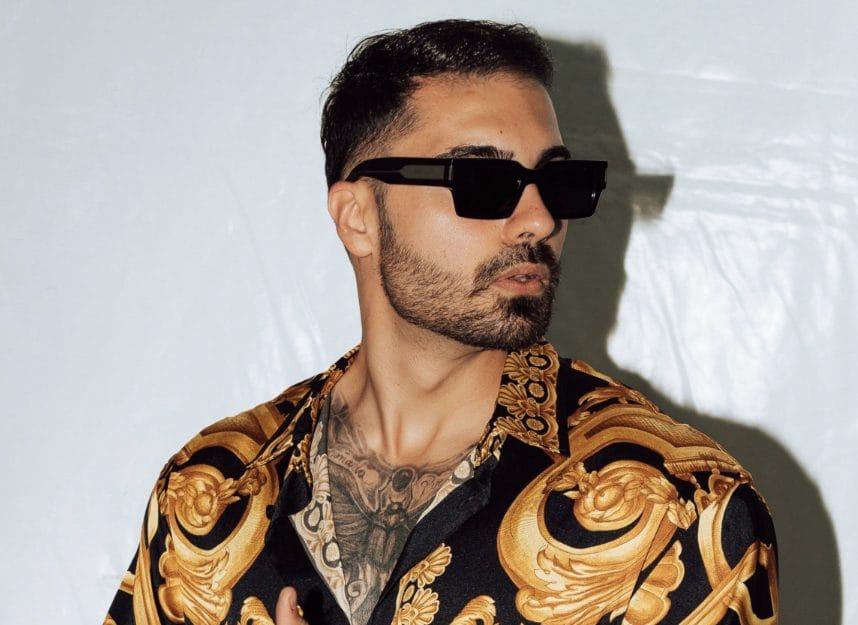
At night I like to read, usually about production, creativity, or stories from other artists. I always do this with no music, no TV—just silence. It helps me relax and focus better. In this world now we are always scrolling, always hearing something. So I think we lose the habit of silence. For me, keeping that moment quiet at the end of the day keeps me more connected to myself.
Has taking a break from music or input ever helped you reset your perspective on a project?
Yes. One example is with my track “Selecta.” I had writer’s block, and nothing felt good. So I stopped for maybe two or three weeks—no music, no studio, no pressure. I just lived normal life, didn’t force anything.
Then, when I came back, the whole track came really fast. That break was one of the best choices I made.
How do you build space into your schedule that isn’t filled with music, podcasts, or other content?
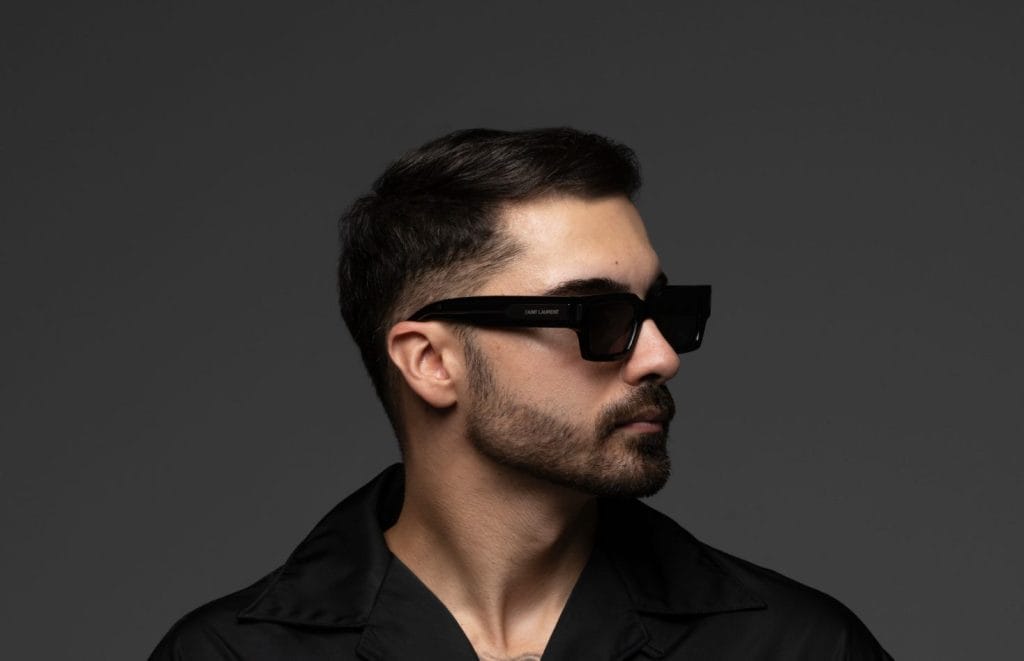
I try to do things that are very different—go to the gym, spend time with my family or my friends, or go for a drive with no plans. Laughing helps a lot—it gives good energy. These moments help me come back to music with a fresh head. It’s important to stay balanced, especially in music world where everything moves so fast.
What’s one example where silence gave you clarity you wouldn’t have gotten otherwise?
One of my favourite things is to watch the sunset by the sea, completely in silence. No phone, no music, nothing—just the sea and the sky. That moment feels like time is stopping. Many times I get answers there—about music, about life. It’s a special kind of silence that helps everything feel more clear.
The post Crusy on the Power of Silence and the Process Behind “Kiki” appeared first on Magnetic Magazine.
